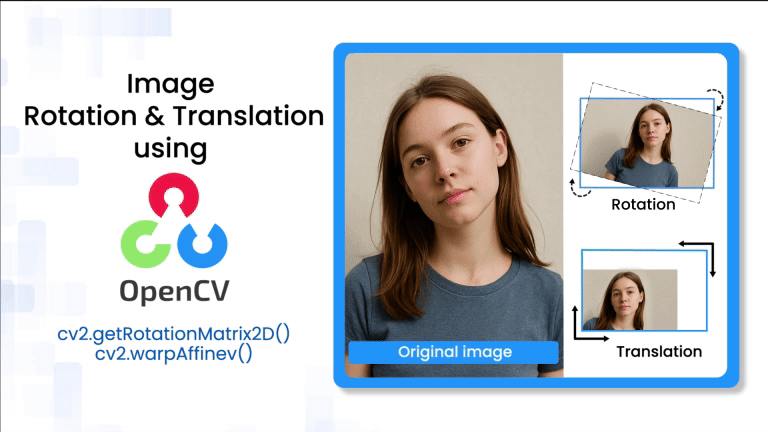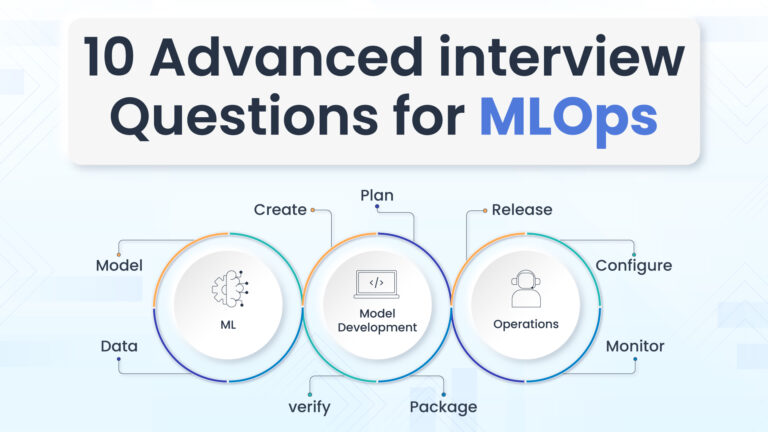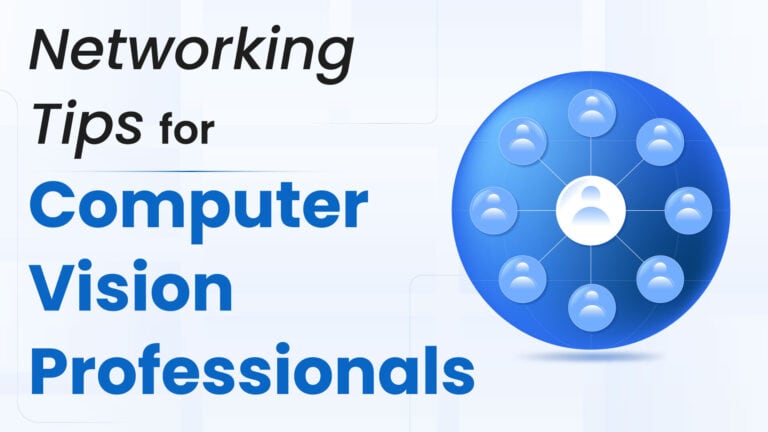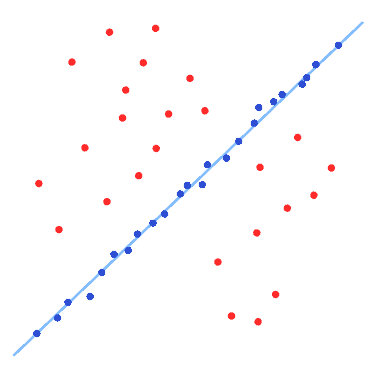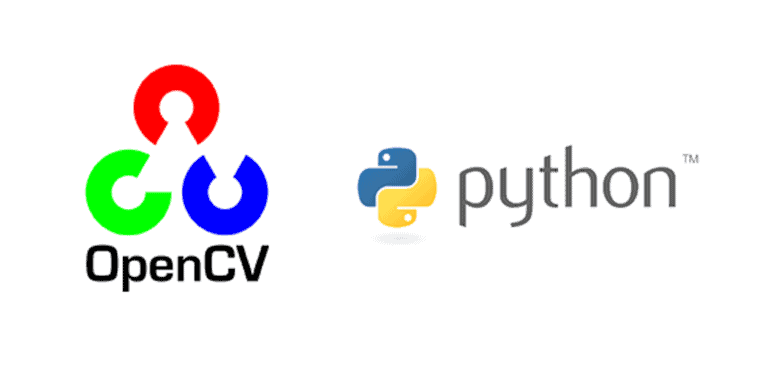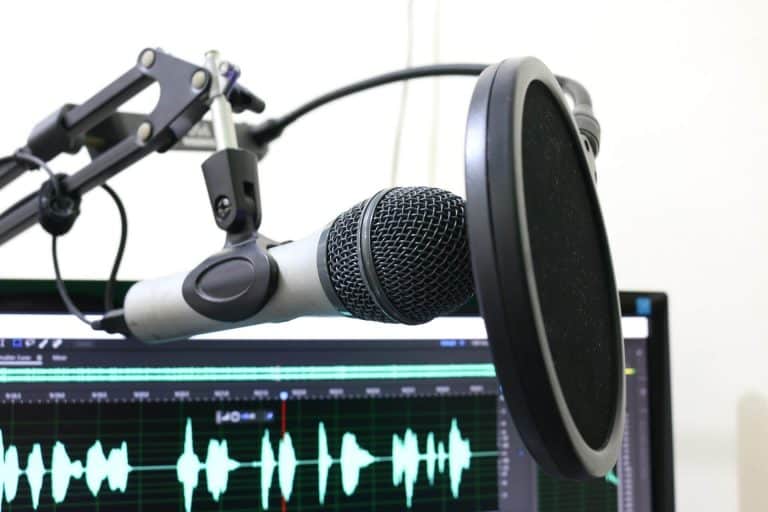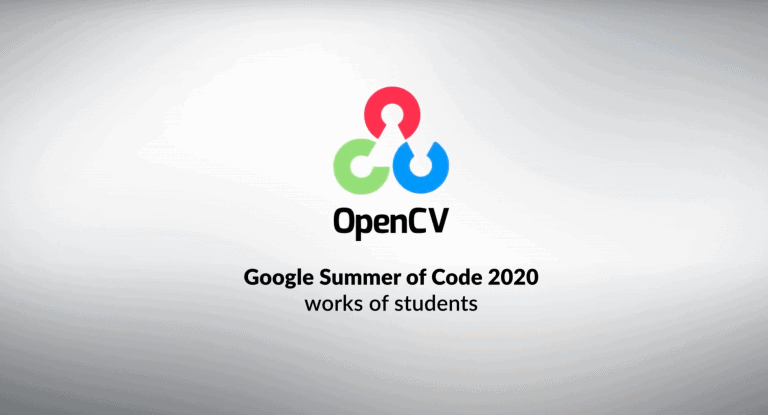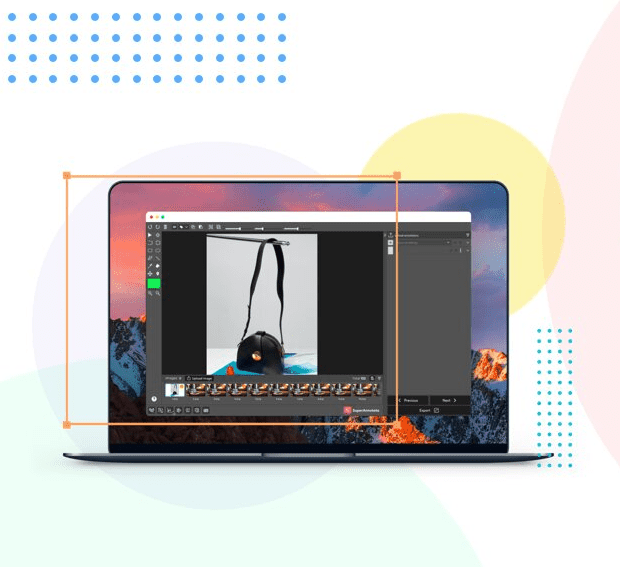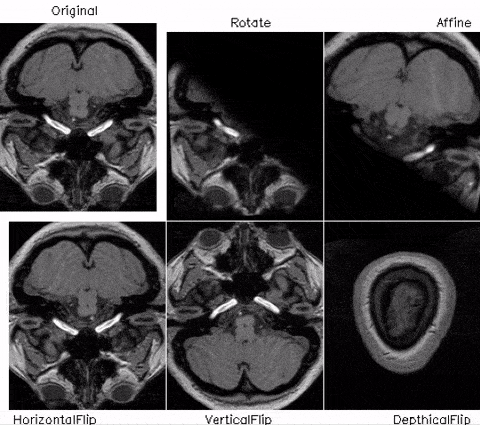Uncategorized
Image translation and rotation are two of the most common and essential operations in computer vision. Whether you’re aligning scanned documents, augmenting datasets for deep learning, correcting skewed camera input,
As MLOps becomes an integral part of more businesses, the demand for professionals who can proficiently manage, deploy, and scale machine learning operations is growing rapidly. This guide is for
Introduction Networking is crucial for anyone in the computer vision field, facilitating opportunities for collaboration, career advancement, and staying current with technological advancements. Key networking platforms include LinkedIn, specialized forums,
Spoiler: They’re much better now! OpenCV RANSAC is dead. Long live the OpenCV USAC! Last year a group of researchers including myself from UBC, Google, CTU in Prague and EPFL
Tony Ng is a Ph.D. student at MatchLab, Imperial College London. He is supervised by Dr. Krystian Mikolajczyk and co-supervised by Dr. Vassileios Balntas. His research interests focus on improving
Good news, everyone! OpenCV.org is pleased to announce that the popular and long-running package OpenCV-Python is now an official OpenCV project. What is OpenCV-Python? It’s a package that contains pre-built
In this week’s episode of the AI for Entrepreneurs, Anna Petrovicheva, CTO of OpenCV.AI, is talking to Daniel Cremers, Professor of Informatics and Mathematics and Chair of Computer Vision &
This year it was the 10th time when OpenCV participated in Google Summer of Code program (GSoC 2020), and it went really well! GSoC is an international program organized and

